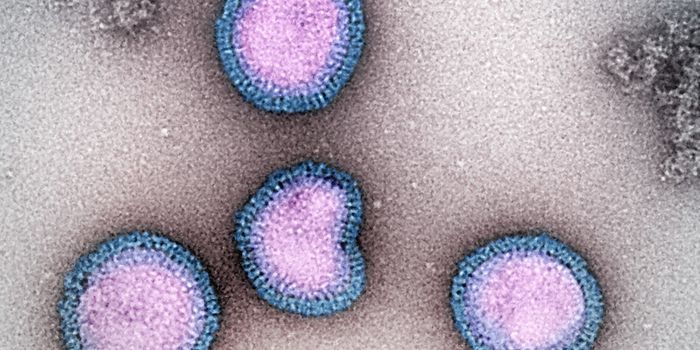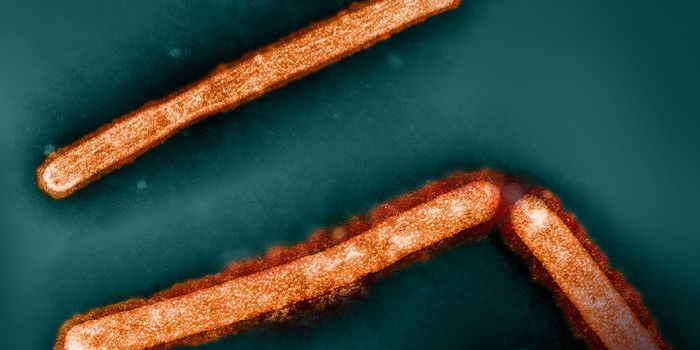Studies Confirm That a Poor Diet can Lead to Disease
Recent work reported in the Lancet has shown that people all over the world can improve their health by eating a more balanced diet. The study assessed fifteen dietary factors over 27 years in 195 countries. It found that around 11 million deaths, about one in five, are linked to a poor diet, characterized by low levels of nuts, whole grains, fruits, and seeds and high amounts of sugar, red and processed meat, and trans fats. The authors stress that there is a critical need to improve diets worldwide.
"This study affirms what many have thought for several years - that poor diet is responsible for more deaths than any other risk factor in the world," said an author of the Lancet study Dr. Christopher Murray, Director of the Institute for Health Metrics and Evaluation at the University of Washington. "While sodium, sugar, and fat have been the focus of policy debates over the past two decades, our assessment suggests the leading dietary risk factors are high intake of sodium, or low intake of healthy foods, such as whole grains, fruit, nuts and seeds, and vegetables." The authors noted that healthy food consumption should be promoted everywhere.
Of the 195 countries included in the report, Uzbekistan had the highest proportion of diet-related deaths, while Israel was lowest. The rankings put the UK at 23rd (127 deaths per 100,000), the US at 43rd (171 deaths per 100,000), and China at 140th (350 deaths per 100,000 people). China, Japan, and Thailand are burdened by high sodium levels, while a lack of whole grains is the leading dietary problem leading to disease or death in the US and several other countries.
Murray discusses the US Burden of Disease study in the video.
There is some good news, however. The right diet can have a good impact on the community of microbes living in our gastrointestinal tract; the gut microbiome has a powerful effect on our health and well-being. A balanced diet in combination with a healthy group of gut microbes can help prevent disease too. Foods that are high in fibers can help lower the risk of developing some diseases like colorectal cancer. The association between a high-fiber diet and a lower risk of cancer is known, but the mechanisms underlying that relationship aren’t well-understood.
Now researchers at the University of Luxembourg have learned more. An in vitro model of the gut called HuMiX, a so-called gut-on-a-chip, allowed the scientists to study how certain strains of bacteria interacted with human intestinal cells. They found that a combination of dietary fibers and beneficial bacteria (and not either on its own) reduced the expression of genes that are linked to cancer and drug-resistance. Further study identified the molecules that the combination treatment generated that had a healthy impact. This research was published in Cell Reports.
"Currently, cancer patients are not provided with evidence-based personalized dietary interventions during chemotherapy treatment. Our results provide support for exploiting the food-microbiome interactions as a supportive therapeutic approach in anti-cancer therapy," explained the lead author of the Cell Reports study, Dr. Kacy Greenhalgh. "I hope that our results will reach patients and medical practitioners in their respective fields and that in the future more effort is put in including personalized dietary recommendations into cancer treatment plans."
The video above discusses another recent study reported in JNCI Cancer Spectrum, which linked five percent of cancer deaths to a poor diet.
Sources: AAAS/Eurekalert, University of Luxembourg, The Lancet, Cell Reports









